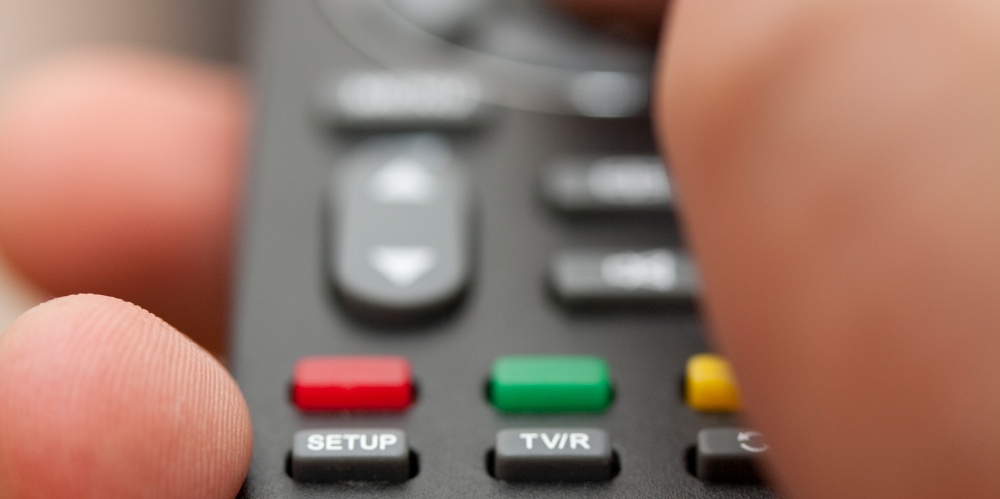This month’s Montana Meals challenge, Enjoy Your Food, is designed to encourage mindful eating using strategies promoted by Intuitive Eating experts and dietitians, Evelyn Tribole and Elyse Resch. You can check out the full challenge details here.
As part of the challenge, and for an extra prize drawing entry, we are asking participants which strategy is most difficult for them and why. We have started to receive completed challenge logs, and while there are a wide variety of interesting answers to the most difficult strategy question, a common answer has been eliminating distractions, including TV, books, computers, phones, tablets, etc. In a culture that values multi-tasking, this is not surprising. Why just eat, when you can eat and catch up on unread emails or Facebook, watch the news, or check out scores from the latest sports games, all at the same time?
I am definitely guilty of distracted eating at times too, especially if dining alone, but a study from the American Journal of Clinical Nutrition suggests a few reasons why we should focus on our food instead. Researchers divided the study participants into two groups. One group played online solitaire while eating lunch; the other group was fed the exact same lunch, but without the computer distraction. At 30 minutes post-meal, both groups were asked to participate in a taste test of biscuits where they could eat as many or as few biscuits as they liked. Compared to the group that ate their lunch without distractions, the distracted, solitaire-playing group, which included both men and women:
- Reported feeling less full after lunch (despite being fed the exact same meal)
- Ate more food when given the opportunity 30 minutes later
- Could not remember details about their lunch as well as their non-distracted counterparts
- Previous studies have shown that distracted eating increases the number of calories consumed at a meal, but this study suggests that being distracted during a meal can even have an effect on subsequent intake. Yikes!
Distracted eating can become an ingrained habit (i.e. you click on the TV as you sit down to eat without even a second thought) and one that is tough to break, so write yourself a note or two to leave on the kitchen table, in your car, on the front of the refrigerator, on the TV, or anywhere that it could serve as a useful reminder when you are tempted to reach for your iPad or phone, or turn on the TV during dinner.
Lastly, keep in mind that our emotions, particularly stress, can make a big impact on what and how much we eat. Don’t let work emails or upsetting world news influence your meal choices. Allow meals to be a break in the day—a time to relax, take a deep breath, and focus on the pleasure of eating.
Happy Undistracted Eating!
CS
Oldham-Cooper RE, et al. Playing a computer game during lunch affects fullness, memory for lunch, and later snack intake. Am J Clin Nutr 2011 93: February 308-313.
Blass EM, Anderson DR, Kirkorian HL, Pempek RA, Price I, Koleini MF. On the road to obesity: Television viewing increases intake of high-density foods. Physiol Behav 2006; 88: 597-604


Leave a comment